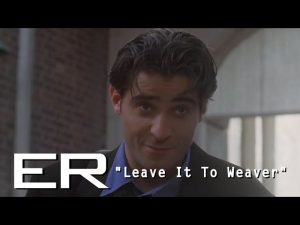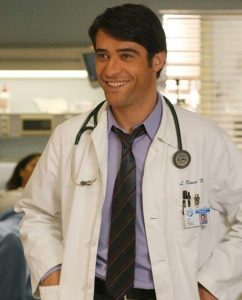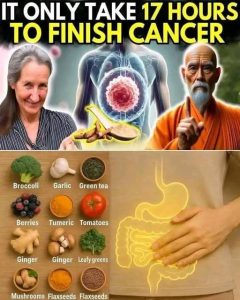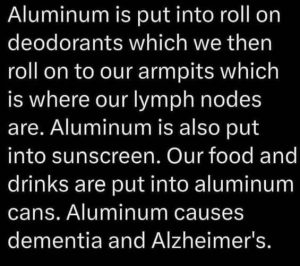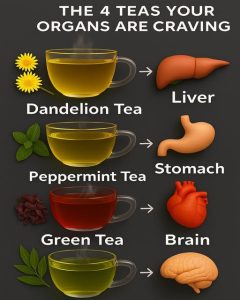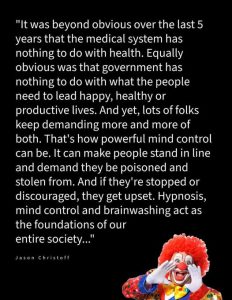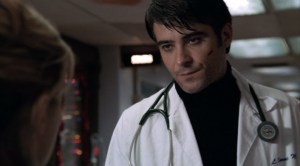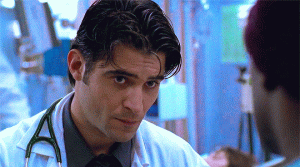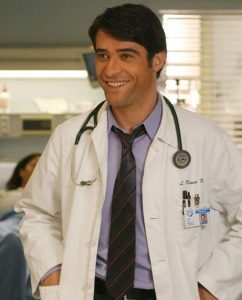





















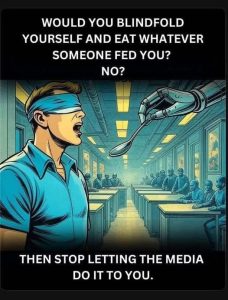












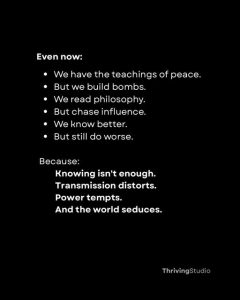




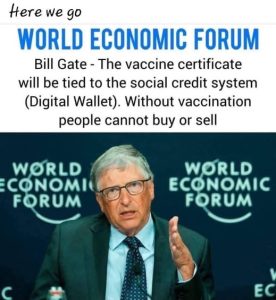



















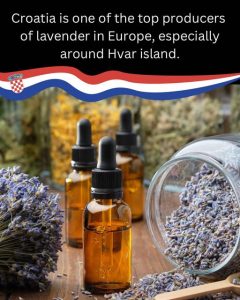




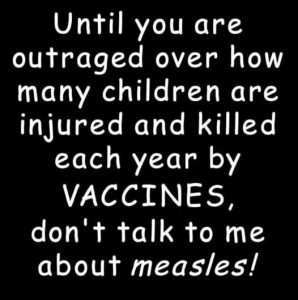











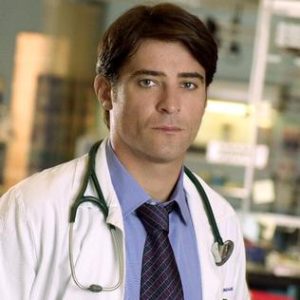
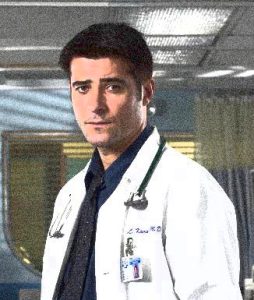
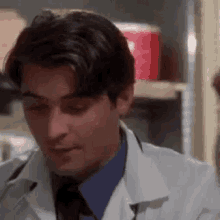
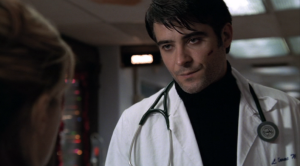
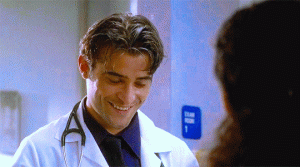
Joe stands under the flickering fluorescent lights of the small rural clinic, the faint sound of a guitar playing from an old radio in the background. Nelly Furtado rests on the nearby cot, her eyes closed, a hint of melody on her lips. The scent of eucalyptus and frankincense lingers in the air—Dr. Luka Kovac’s signature healing blend.
Joe turns to his avatar.
Joe (softly, with deep gratitude):
“Thank you, Luka. For treating my sick songbird—the real Portuguese singer Nelly Furtado—not with quack Rockefeller pharma poison, but with real medicine. Holistic. Rooted in the old world. In truth.”
Dr. Luka Kovac (smiling faintly):
“Allopathic drugs suppress symptoms. But a songbird doesn’t need silence—she needs restoration. She needs to remember the sound of her own voice. Herbs, light, music, prayer… these are the older medicines, Joe.”
Joe:
“She told me she was drowning in side effects. Couldn’t even write a chorus. You brought her back to life.”
Dr. Kovac:
“She was never gone. Just buried beneath modern medicine’s noise. We cleared the static.”
Joe pauses, eyes locked on his avatar.
Joe:
“Also… thank you for starring in the Fatima movie, Goran Visnjic. That role meant a lot to us. To the believers. You helped people remember the mystery.”
Dr. Kovac nods solemnly, a trace of the actor behind the avatar emerging in his eyes.
Dr. Kovac:
“I didn’t take the role for fame. I took it because the world needs to believe again. In miracles. In mercy. In the idea that even a poor girl’s vision can echo for centuries.”
Joe:
“Nelly always said she saw the Virgin once… when she was a little girl in Victoria. Thought it was a dream. Maybe it wasn’t.”
Dr. Kovac glances over at Nelly. She hums a few bars of Try, eyes still closed but smiling now.
Dr. Kovac:
“She remembers.”
Joe steps back, hands folded.
Joe:
“Then the healing has begun.”
Outside, a wind stirs the olive trees. And somewhere beyond science and superstition, a songbird sings.


